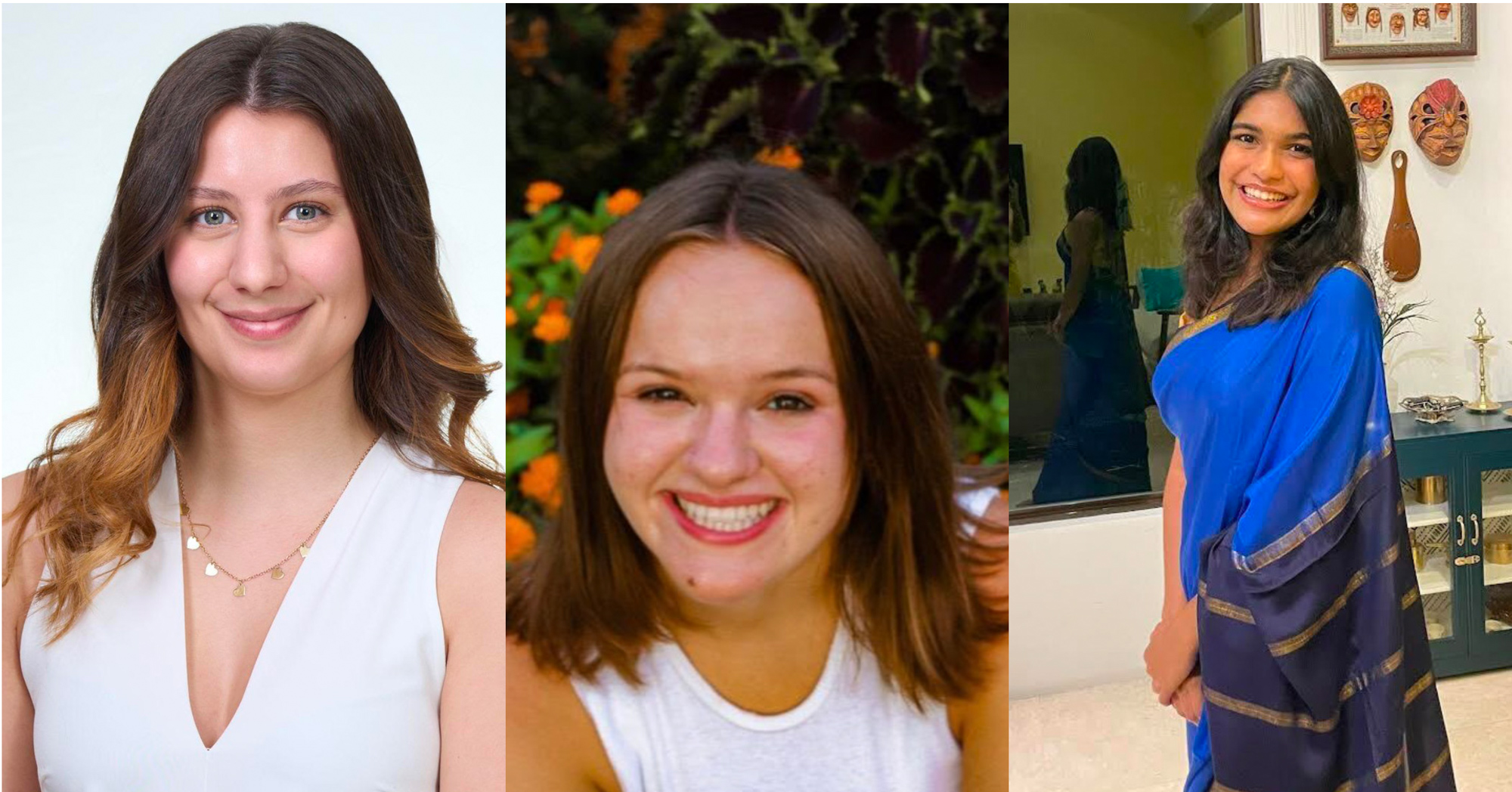During the struggle for global sustainability, BU’s chapter of Engineers Without Borders has worked with the Ogiek people in Kenya to provide clean drinking water for their community after being displaced by the Kenyan government.
Since 2018, Engineers Without Borders, EWB, has partnered with the Ogiek people of Tinet, Kenya on a mission to provide clean and accessible drinking water, according to their website.

EWB is a non-profit organization with 228 active chapters in the United States and Puerto Rico, according to the EWB USA website.
Each chapter of EWB partners “with underserved communities at home and internationally to build a more sustainable world,” according to the EWB website, and works with a different community on an application basis, said Chaney Finkeldei, the club’s vice president, a sophomore studying biomedical engineering.
The Ogiek are a hunter-gatherer community indigenous to the Mau Forest of central Kenya, according to BBC.
The Kenyan government first ordered the eviction of the Ogiek from their ancestral land in October 2009, according to Amnesty International. The government says the evictions were to “protect the environment,” a result of the growth of the global carbon credit market, BBC reports.
After years of legal struggle, the Ogiek were recognized as a protected indigenous community by the Kenyan government in a landmark decision in 2017, according to BBC.
However the Ogiek continue to face violent evictions as recently as Nov. 2023, according to the BBC.
Since 2018, EWB has installed a borehole well, water distribution system and a rainwater catchment system at different primary schools in Tinet, all powered by solar energy.
EBW’s goal is to raise around $8,000 for travel costs, and $20,000 to implement the borehole project in Tinet this summer, Finkeldei said.
But because of the intense wet and dry seasons in Kenya, the community was not able to rely on solar power, said Urvi Chakravarthy, EWB’s international and fundraising lead and a sophomore in ENG.
“This was definitely a learning experience for our club because with future projects, we’d ideally want to look at other methods of powering our systems so that we don’t have to rely on, hopefully, an electric grid because electricity is hard to come by and also expensive,” Chakravarthy said.
Electricity prices in Kenya are relatively higher than those in other countries, and are continuing to increase, according to the Kenya Institute for Public Policy Research and Analysis, KIPPRA.
In 2022, the Kenyan government issued a 15% subsidy to address the high cost of electricity, but following the removal of that subsidy and the addition of new tariffs in 2023, energy bills have increased by 77%, according to KIPPRA.
With this project, EWB’s goal is to adapt to the Ogiek community’s needs and collect data in person about soil nutrients and water content, Chakravarthy said.
“It would be very, almost unethical for me to make these decisions on behalf of them if the final product is for them,” Chakravarthy said.
In Boston, EWB is also prioritizing student engagement in its fundraising efforts, Chakravarthy said.
The club plans to host a dodgeball tournament and a gala to spread the word about EWB to the rest of the BU community, Chakravarthy said.
EWB’s domestic team is also working on a children’s book “that would easily explain how good access to clean water is important,” said Vittoria Sama, president of EWG, a junior in the College of Engineering.
Sama said she hopes to bring the book to Kenya.
“That would be an amazing way to interconnect the whole club, both international and domestic,” she said.
While the fundraising teams are working on fundraising events, they are also applying for EWB’s funding grants to fund the project, Finkeldei said.
“I’m hoping to be able to build a well that is electrified, but also has a manual option,” Finkeldei said. “One thing we talked about was having a bike-powered pump.”
Sama said she believes their project will help the Ogiek people, which means the fundraising challenges will have been worth it. The end goal motivates her to continue seeking the necessary funds.
“As long as you have that, then you’re actually believing your project and you actually want to accomplish it, it’s worth it,” Sama said.


















































































































Nathan Phillips • Mar 31, 2024 at 10:39 am
This is incredibly important and inspiring work! Where can I donate and get on a mailing list?
Urvi Chakravarthy • Apr 8, 2024 at 4:11 pm
Hi Professor Phillips,
Thank you for your support! We can add you to our email list so that you can be updated on the work we are doing.
To donate to our latest crowdfunding effort, please use the link below. Feel free to share the link and encourage interested people to join our club! For more information, please email [email protected]
Crowdfunding link: https://support.ewb-usa.org/fundraiser/2008073